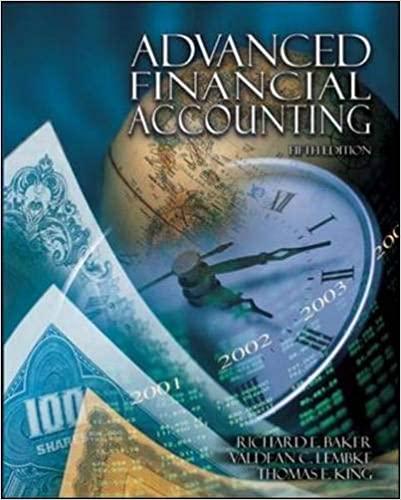17. The principle that people should pay taxes based on the benefits they receive from government services is called the
| B) | tax-benefit principle. |
| C) | government services principle. |
18. Suppose New York City passes a local big gulp tax that taxes carbonated beverages larger than 20 ounces if they contain sugar or high fructose corn syrup. If the revenue from the big gulp tax is earmarked for diabetes research, the big gulp tax may be justified
| A) | on the basis of the ability-to-pay principle. |
| B) | because it is an example of a lump-sum tax and thus is the most efficient tax. |
| C) | on the basis of the benefits principle. |
| D) | because it is an example of a progressive tax and thus is the most equitable tax. |
19. The argument that each person should pay taxes according to how well the individual can shoulder the burden is called
| A) | the ability-to-pay principle. |
| C) | the benefits principle. |
20. Vertical equity in taxation refers to the idea that people
| A) | in unequal conditions should be treated differently. |
| B) | in equal conditions should pay equal taxes. |
| C) | should pay taxes based on the benefits they receive from the government. |
| D) | should pay a proportional tax rather than a progressive tax. |
21. Horizontal equity in taxation refers to the idea that people
| A) | in unequal conditions should be treated differently. |
| B) | in equal conditions should pay equal taxes. |
| C) | should be taxed according to their ability to pay. |
| D) | should receive government benefits according to how much they have been taxed. |






